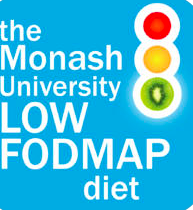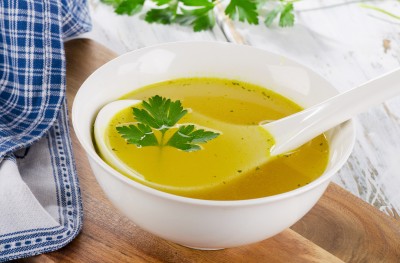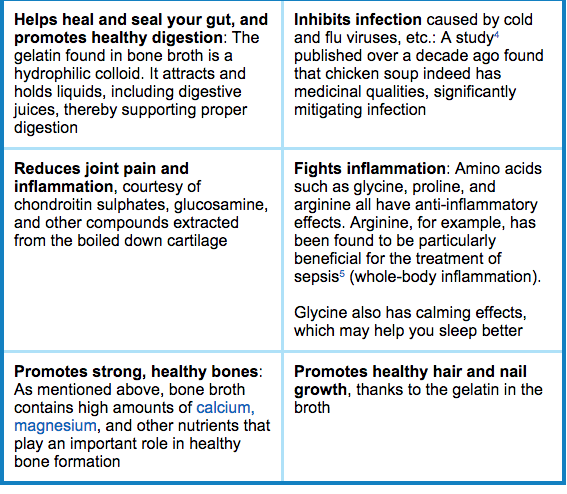The subject of coffee and health has been a topic discussed forever in the media. Is it a healthy addition to your daily diet?
I have a love-hate relationship with coffee. I did not start drinking it until after I had my three children. I then became quite obsessed with my daily coffee intake. Then moving forward a few years and my diagnosis with IBS. UGH!! So, there is so much trial and error involved in finding your individual triggers when you have IBS. I have come to the conclusion that coffee is taxing my system right now and decided to do a trial 30 day detox from my daily coffee. The thought seems quite daunting but at the end of the 30 days I will reintroduce coffee into my morning regime and notice any reactions that my body may or may not have.




